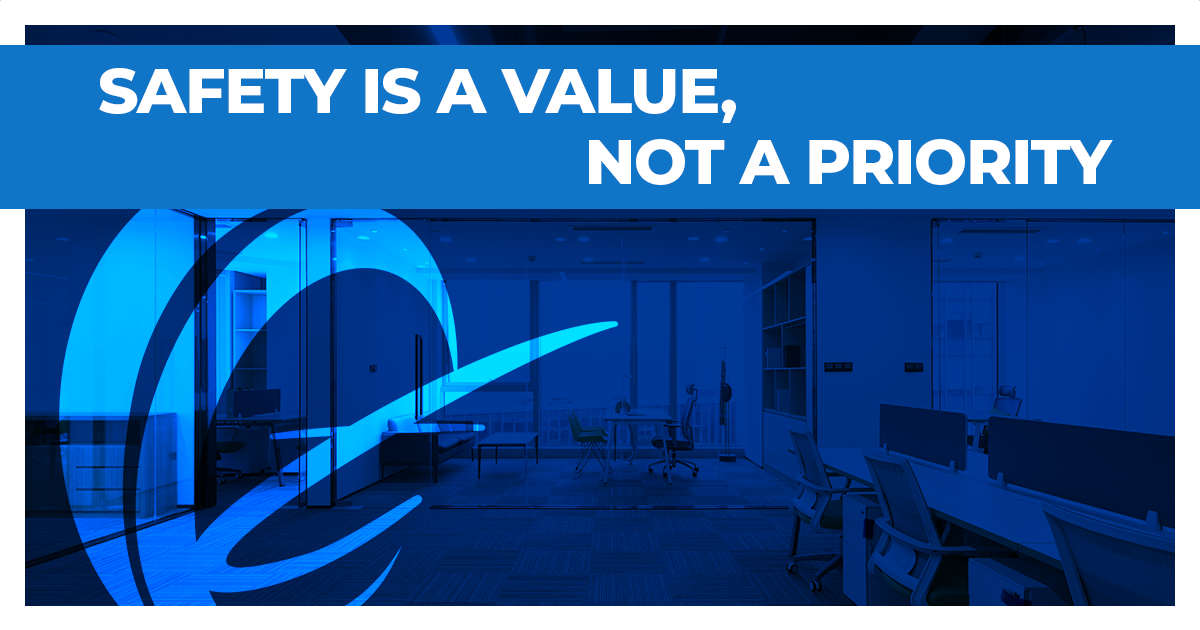
Most companies know how tough it can be to develop, deliver and maintain training programs. They know training is a critical element of any company's operations because it allows the company to maintain safety standards, implement new technologies and educate new employees. The challenge is how to provide cost-effective training when the priority is managing day-to-day operations.
Companies face many issues such as identifying specific training needs, developing and delivering training programs that address those needs, and measuring their effectiveness. Additionally, companies need the right policies and procedures to sustain the benefits of training and ensure consistent operations.
Workforce performance professionals leverage their industry-wide expertise to develop customized methods and processes to help companies manage protocol, increase operational efficiency and improve safety. By outsourcing these services, companies can achieve higher productivity and success, while improving their bottom line, because it frees them and their employees to focus on what they do best -– their jobs.
And they can outsource affordably. Smaller companies can get more robust training support for a fraction of the cost, while larger companies can get help with unique projects.
According to the Outsourcing Institute, some of the top reasons for outsourcing are to:
- Reduce and control operating costs
- Improve company focus
- Gain access to world-class capabilities
- Free internal resources for other purposes
- Supplement internal resources
- Accelerate reengineering benefits
By outsourcing training, companies eliminate the challenges of managing this function internally. Those challenges include:
- Expertise. Employees may be subject matter experts, but they are not well-equipped to design and deliver effective training geared to adult learning.
- Time. Employees must focus on their jobs and are not always able to dedicate time to create or manage well-designed training programs.
- Performance. Employees don't always have the opportunity to develop their skills and may not be qualified to manage training programs.
All three can impact the bottom line by increasing operational expenses. In many cases, it is cost prohibitive to create an internal training department that can handle all of a company's training needs and it would not be cost-effective to employ certain learning specialists full-time.
Outsourcing often is the most cost-effective way to address training. Whether a company needs a comprehensive training program or a one-time project, workforce performance professionals offer the most up-to-date solutions.
The best training programs are designed to meet the specific needs of the organization and, more specifically, the intended audience. They begin with a thorough needs assessment that identifies issues and sets goals, providing the framework for a plan. The design, development, management and delivery of a successful program are time- and resource-intensive, which is why in-house training departments are not always feasible or cost-effective.
Professionals with expertise in human performance and adult learning are best suited to create and manage training programs. They consider factors such as attention span, differences in learning styles and generational knowledge gaps before designing training modules to teach a variety of skills. And they teach in ways that are targeted to the learner, including traditional classrooms, online, simulators and on the job.
Workforce development specialists have the tools to assess an employee's foundational knowledge and retention of material, and to determine if they attained the skills necessary to perform a specific job. They have the expertise to look across an industry and identify key factors to deliver the best training. They provide accountability by establishing specific goals and metrics for a program, and then they monitor for success.
Outsourcing training and procedures and policy creation makes economic sense. Workforce performance professionals have the subject matter expertise and experience in training, organizational psychology, professional development, adult learning, instructional systems design and more. They offer objective analyses of training and procedure needs and provide customized solutions that allow companies to achieve maximum productivity and safety, while saving time and money.

 OCCU-TEC, Inc.
OCCU-TEC, Inc.
